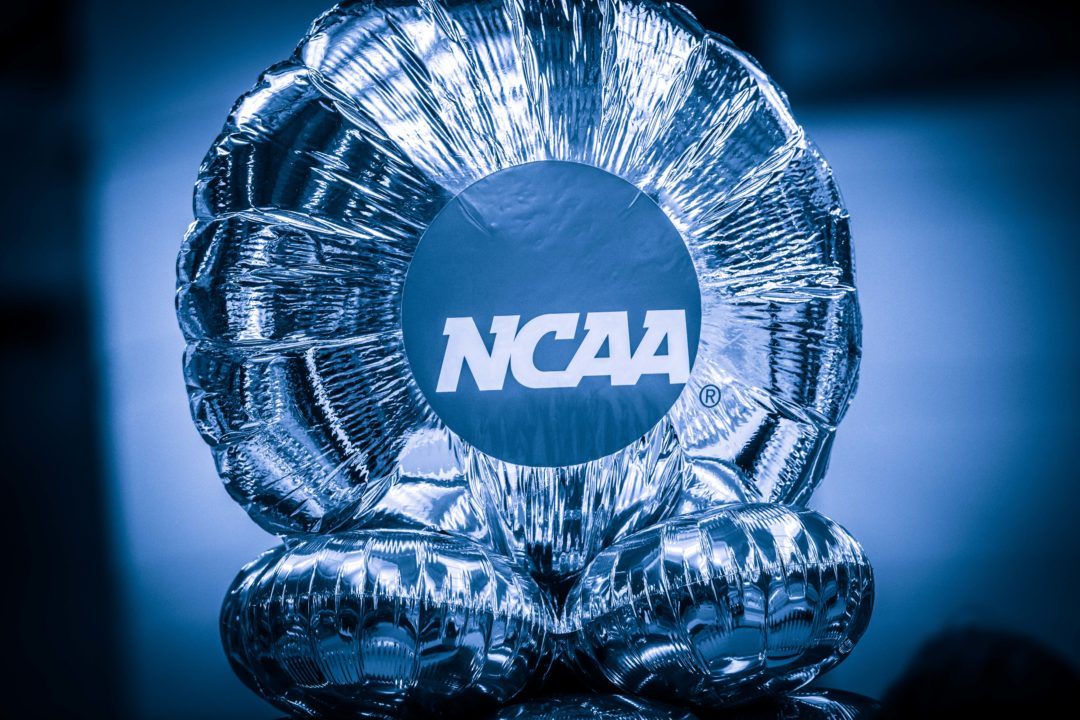North Carolina Congressman Mark Walker has declared his intentions to introduce the Student-Athlete Equity Act, which would allow NCAA student athletes to profit from the use of their name, likeness and image.
If approved, the bill would amend the Internal Revenue Code of 1986 and change the definition of a qualified amateur sports organization in the tax code.
The bill does not call on universities to pay student-athletes, but would instead open the doors for student-athletes to accept money from third-party sponsors.
“Signing on with a university, if you’re a student-athlete, should not be [a] moratorium on your rights as an individual. This is the time and the moment to be able to push back and defend the rights of these young adults,” said Walker, reports News & Observer.
“Here’s the thing: We’re not asking the university, we’re not asking the NCAA to pay a single dollar into this. You’ve done your part offering a full scholarship. Just don’t restrict the rest of it,” continued Walker.
A former collegiate athlete himself, Walker has said he is open to considering restrictions or guidelines, but does not believe the current all-or-nothing policy is fair.
Walker represents the 6th Congressional District of North Carolina, which includes the city of Greensboro, a popular host city for collegiate and professional sporting events alike. The nationally-renowned Greensboro Aquatic Center (GAC) is a long-time host for both the men’s and women’s ACC Championships for swimming & diving , as well as the NCAA Swimming & Diving Championships throughout Divisions I, II, and III. Furthermore, Greensboro is also home to the ACC Hall of Champions and ACC Headquarters.
In 2018, Olympic gold medalists Katie Ledecky and Simone Manuel both stepped away from illustrious NCAA careers to accept sponsorships from third-party brands. Despite going pro, both have remained with the Stanford swim team and are continuing with their educations. Swimming two or three years as an NCAA athlete only to turn pro half-way through an Olympic quad is relatively common among top collegiate swimmers–particularly those that already have Olympic experience, world records, or both.
It is difficult to gauge whether this bill would keep more athletes in the NCAA until their four years of eligibility is run out. Though swimming and diving are much different from other sports like football, baseball, basketball, and hockey, in that most professional swimmers who represent Team USA train with collegiate pro groups. The other big-ticket sports actually require athletes to join another team and physically move to a new city to train and compete. However, the purpose of the proposed legislation is not to recruit NCAA student-athletes away from their universities, but rather to give them the means to begin professional careers before graduation.

Although getting $100-250K paid tuition and room and board is not playing for free, I am all for athletes making money playing in college. Screw NCAA and fat corrupt college presidents. Now, putting corrupt corporate money into college athletics will no doubt affect college athletics, in my opinion in very negative ways, but I might be wrong. I am all for abolishing college athletics like it is done in the rest of world, just to mention at the end. Play sports in clubs, make all money you want/can and leave academic insitutions to students. Oh, yeah, all public colleges should be free too – just little from GND, to piss conservatives here.
Finally.
If we would to be even fairer and safer, the athletes can be restricted from actually receiving the sponsorship money until the end of their NCAA career. The money to be paid by the sponsors to escrow – to be held there until the athletes exit the collegiate system.
Such a law would have put Missy Franklin in a completely different place financially today.
I think the U of Miami football team (and others) tried this back in the 80’s. It didn’t work out as well as you might think.
Isn’t the FBI investigating something like that right now in college basketball?
This bill is further along in the state of Washington.
On Jah?
Does this mean people who have accepted sponsorship and forfeited eligibility can return to the NCAA?
My guess is that if it passes, there will be a few years before its implemented to give the NCAA time to rewrite its rules, and to avoid situations like this.
*30 year old Simone Manuel returns and goes 44.9
This sounds good to me. I don’t see a downside.
Um… this opens the door again for the old ‘no-show’ summer jobs where a booster pays the athletes directly….
Then why not change the rules to let people be open about it? I frankly don’t see the harm in a booster using his own money to encourage a kid to go to his school of choice by throwing him a couple bucks.
Require disclosure and that a portion of the money goes to tuition (thus saving the university money or opening up a scholarship for another athlete).
I’ll take that the next step. Why do we or the NCAA need to know who is paying them. Agents, boosters, whatever. Sign a contract with whoever. We don’t ask the great trombone players to reject money while they are going to UCLA